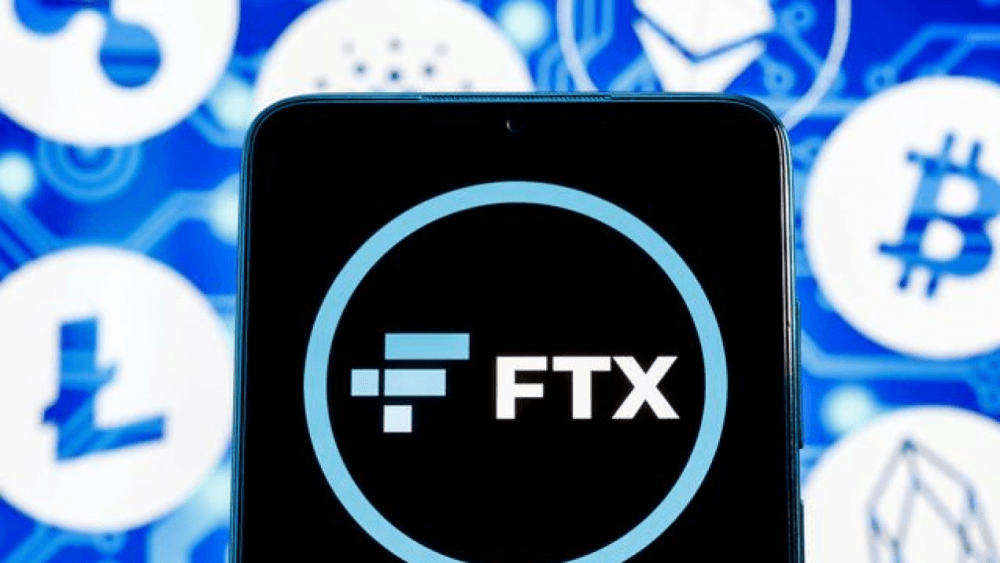There are lessons to be learned from the recent FTX collapse that has put the entire industry on the edge of their seats gnawing at their fingernails.
The collapse comes as the latest in a series of bankruptcies of multi-billion-dollar companies this year, and it raises valid questions around sound financial management while warning that some business leaders are seemingly willing to gamble other people’s investments on their own success.

Regulators rightfully will scrutinise the cryptocurrency industry much harder now – which is probably a good thing. And while crypto regulations already focus on Know Your Customer (KYC) and Anti-Money Laundering (AML), it is clear that they should also focus on exchange operations such as business models and proof of reserves.
Unfortunately, the whole FTX fiasco has led to further erosion of trust in crypto and has likely set the industry back a few years. As we all know, trust takes years to build and mere seconds to lose, and when you are someone who is actively looking for flaws, you are going to find them. This also means there will be many more questions to be asked about the balance sheets of stablecoins and other lending counterparties, with growing suspicions that this will make the market less liquid and lending terms less favourable.
It therefore begs the question – is this another case of the ‘smartest guys in the room’ being blinded by the light?
Nick Saponaro is the CEO of Divi Labs, which is a decentralised payment ecosystem that aims to accelerate the mainstream adoption of cryptocurrencies. Saponaro stated that he agreed the debacle is crypto’s Lehman Brothers moment. He added.
“In fact, it’s worse.” “In 2008, investors would have had some form of protection that FTX’s investors will not. And if history teaches us anything, they will lose it all.”
Torsten Dueing is the head of ETC platforms at the London-based HANetf investment platform. Dueing added his own thoughts to the debate and questions why investors pumped billions of dollars into a company ‘sustained by reputation instead of a sound capital structure.’
“This is the direct result of a rogue actor breaking every single basic rule of fiscal responsibility,” said Patrick Hillman, chief strategy officer at Binance, FTX’s biggest competitor.
It is all-too apparent and even inevitable that global regulators will see this as their cue to crack down on the industry, making it extremely difficult for DeFi providers to operate without the oversight of a third party. For this to happen, would be a dire day for the world of crypto, as it would mean the polar opposite of why crypto was first created. DeFi now has an incredibly small window of opportunity to really stand out and demonstrate its value before the regulator digs its claws in.
This crisis for crypto was triggered by reports that a notable portion of FTX’s sister investment fund Alameda Research’s balance sheet was made up largely of its native FTX Token (FTT) and Solana’s SOL token. Subsequently, plans have been revealed to liquidate any remaining FTT on Binance’s books – which is reported to be worth more than $500m.
It almost seems like stating the obvious here, but it truly is a tough time for the crypto industry as a whole, more especially, the people who gave their money to a business they believed they could trust. Crypto businesses like FTX have been, as many are now saying, gambling with the customer’s money. And wherever a crypto business is entrusted with the care of customer funds, it absolutely must be held to the most stringent standards of regulation and good governance.
The FTX bankruptcy is without doubt going to affect a great many users and investors, but it also reminds us of the problems that can come with centralisation in cryptocurrency: where assets are not properly owned by the users. In decentralised finance, where users are in full control of their assets, this situation simply could not happen.
Bankman-Fried the 30 year-old crypto CEO’s assets were an estimated $16 billion and have now been completely wiped out.
Bankman wrote on his Twitter on Friday (11 November),
“I’m really sorry, again, that we ended up here. Hopefully things can find a way to recover. I was shocked to see things unravel the way they did.”
Contact us today if you would like to speak with one of our Wealth Managers about investing.
Disclaimer: Tax laws, rates, and reliefs are subject to change and may vary depending on individual circumstances and residency status. Any information provided on this website is based on our understanding of current regulations (or the date of when the content was published) and should not be considered personalised financial or tax advice. As tax obligations can differ across regions, countries and evolve over time, we strongly recommend seeking professional advice tailored to your specific situation before making any financial decisions.
All content © Private Client Consultancy. All rights reserved. 2025

We’re Moving Offices on 1st August 2025!
Private Client Consultancy is excited to announce that we’ll be moving to a brand-new office space, designed to better serve our clients and reflect our continued growth.
Effective Date: Friday, 1st August 2025
New Address: 161, Urb Jazmin De Miraflores, C. Jazmín, 29649
Our phone numbers and email addresses remain unchanged.
All in-person meetings scheduled from 1st August onwards will take place at our new location. Please update your records accordingly.
We look forward to welcoming you to our new space!
Get notified about new articles, latest changes and much more